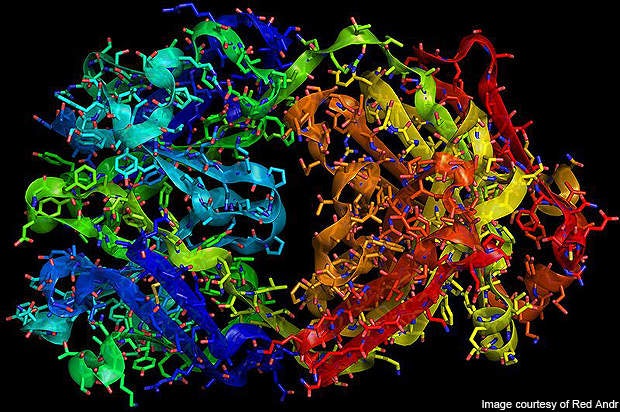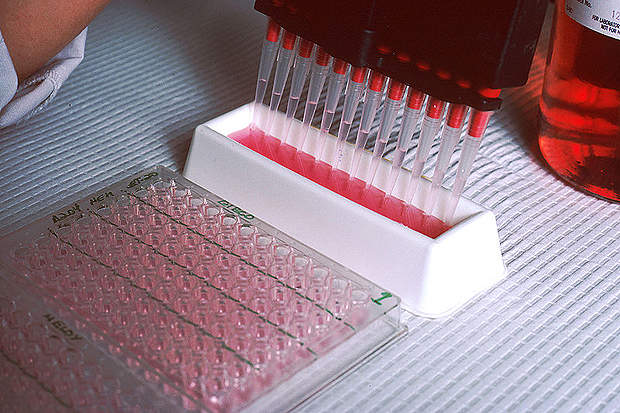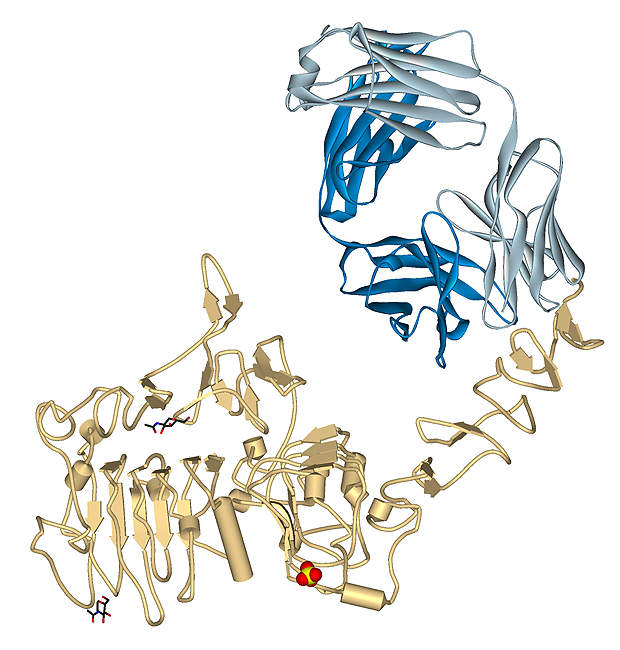Trastuzumab, indicated for the treatment of recurrent gastric cancer with a high concentration of HER2 (human epidermal growth factor receptor 2), was developed by Genentech (now a member of Roche Group following the merger in March 2009).
In February 2009, the European Commission approved Trastuzumab in Europe for treating HER2-positive advanced gastric cancer.
Roche submitted a supplemental biologics licence application (BLA) to the US FDA (Food and Drug Administration) for the drug to treat HER2-positive stomach cancer, including cancer that affects the gastroesophageal junction.
If approved by the FDA, the drug would be the first prescription for the treatment of stomach cancer.
The UK’s National Institute for Health and Clinical Excellence (NICE), however, has rejected the drug, stating that its effect was uncertain.
Phase III clinical trials on the drug were completed in June 2010.
HER2-positive advanced gastric cancer
Advanced or recurrent gastric cancer affects the stomach and other parts of the body such as the lymph nodes and liver. About 22% of stomach cancers show a very high concentration of HER2-positive receptors. Clinical studies on gastric patients reveal over expression of HER2 protein plays a role in making the cancer more aggressive.
In most cases, advanced stomach cancer is very difficult to assess. In early stages, the symptoms are hard to diagnose, and it is difficult to predict the course of the disease. It is usually only detected in the later stages of the illness, when it becomes difficult to remove the tumours.
In 2009, the American Cancer Society estimated that more than 21,130 patients were diagnosed with gastric cancer in the US, and 10,600 died from the disease. There are an estimated 64,000 patients suffering with this illness in the US, and each year, there are more than one million cases of gastric cancer reported worldwide.
Targeting the disease
Trastuzumab is indicated for the treatment of advanced gastric cancer with high levels of HER2-positive tumours. The drug, derived from immune system molecules, is an antibody that can selectively bind to the HER2 protein. It was initially developed as a mice antibody, and later developed into a human antibody.
The drug, which blocks HER2-positive receptors, was initially used in breast cancer therapy. But as there are high amounts of HER2 cells present in gastric cancer patients as well, the drug can also treat this disease. Studies show the drug can improve the survival rates of patients with this illness.
Trastuzumab clinical trials
Genentech started the Phase III clinical trial on Trastuzumab in 2005 and concluded in 2010.
A total of 564 gastric cancer patients with high amounts of HER2 receptors were enrolled for the trials and treated with Trastuzumab and chemotherapy (Capecitabine tablets) or chemotherapy alone.
In the patients who received Trastuzumab plus chemotherapy, the overall survival (OS) endpoint improved significantly, compared to chemotherapy-only patients. The median OS in Trastuzumab was 13.8 months, whereas in the chemotherapy patients it was 11.1 months.
All the patients in this trial were tested for HER2, with diagnosis developed by Dako.
The main objective of the study was to show the viability of Trastuzumab treatment compared with chemotherapy. The primary endpoint of the trial was patient survival, which improved by using Trastuzumab alone. The objective response rate for Trastuzumab and chemotherapy patients was 35%, whereas for those patients who used Trastuzumab alone, it was 47%.





